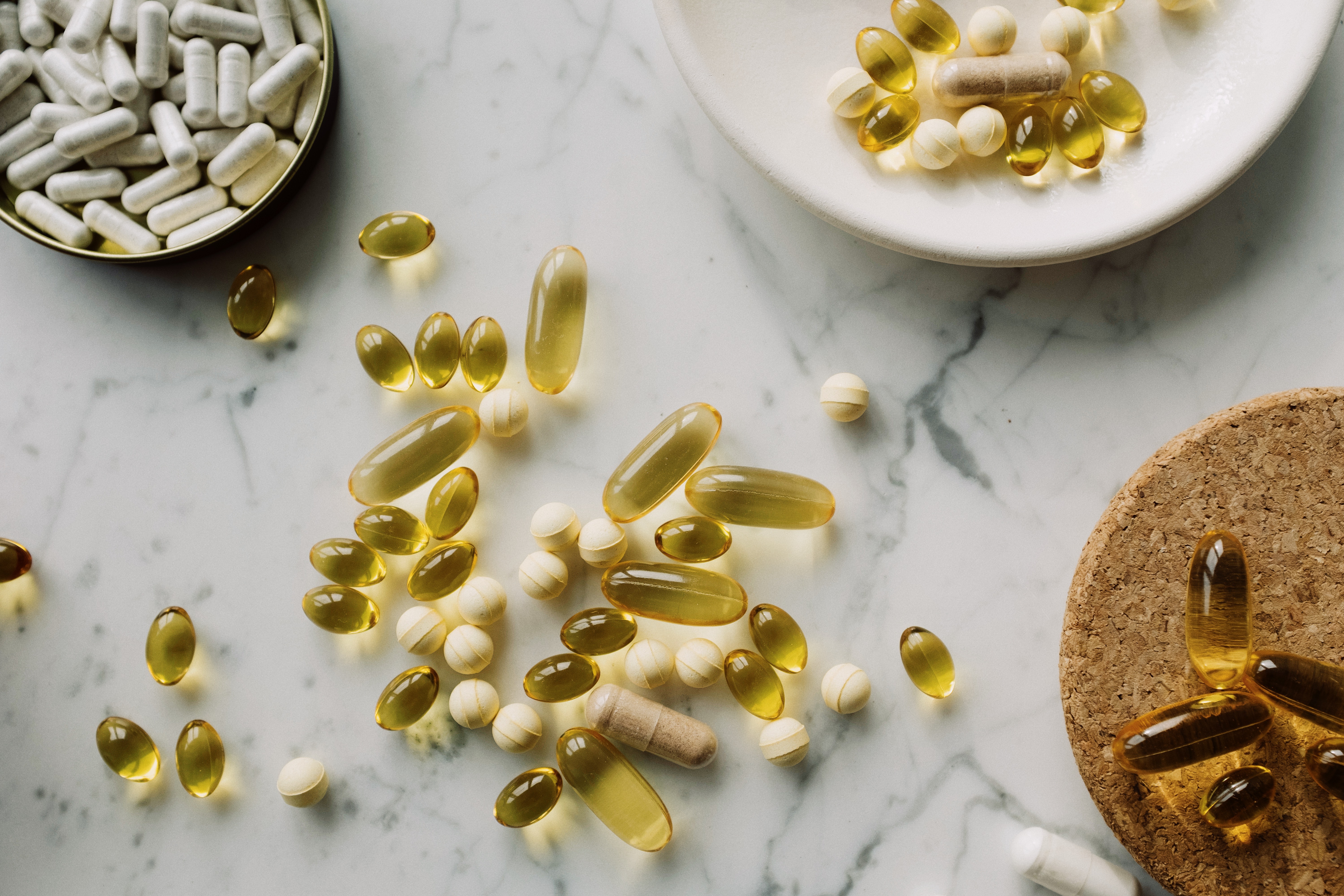Half a year later has passed and COVID19 is still a threat to human kind. With over 2 million recovered worldwide, the topic of post-COVID19 immunity is still up for debate. COVID19, which was once thought to only be a respiratory virus, now has studies that its effects on one’s immunity is significant– extending even post infection.
Doctors and researchers are now studying the possible effects of one’s immune system hyper reacting to the virus. A hyperinflammatory state occurs in some patients that affects all other organ systems. Symptoms vary from person to person with some of the patients deteriorating faster than others.
When a patient recovers from COVID19, the immune system responds to the infection by making antibodies. But even with the antibodies, there is little known about it and whether it can protect patients from reinfection. Case reports of delayed immune response to the virus causing new infection has been seen. One of which is called Multisystem Inflammatory system in children. MIS-C, described by the CDC, is a multi-organ dysfunction from hyper inflammation first seen affecting children but are now presenting in young adults. Little is known about it but have been seen in patients with asymptomatic to mild COVID19 infection.
Ultimately, prevention and keeping one’s immune system intact is still the best strategy throughout this pandemic especially now that states are opening. Integrative measures such as natural supplementation and vitamins have been a topic of discussion and its role in COVID19 prevention. Although none have been studied to influence COVID19 yet, theoretically these vitamins and supplements can help aid the immune system.
ZINC
Zinc has been known to be essential for the immune system and in the metabolism of carbohydrates and lipids. It is seen to play an important role as a co-factor and in regulating the function of leukocytes and lymphocytes—key players in immune response. People with zinc deficiency are more predisposed to infections such as pneumonia, viral exanthems and even COVID19. Zinc daily dosing is 15-30 mg daily.
VITAMIN C
A water soluble vitamin and a powerful antioxidant just like Vitamin D and an inhibitor of inflammasome activity. . Commonly used against respiratory infections to shorten frequency and severity. There are clinical trials ongoing to study if high dose Vitamin C can decrease mortality in COVID patients. Dosing is 500 mg up to 3000 mg daily.
VITAMIN D
Vitamin D is one of the fat soluble vitamins essential in Calcium and Phosphorus regulation. It is also an immunomodulator for both innate and adaptive immune responses. It has been shown to decrease cytokine storm inductions which lead to hyperinflammatory states. Vitamin D deficient patients have increased susceptibility to respiratory infections and auto immune disorders. Vitamin D supplementation of 1,000-4,000 IU is the usual dose but people who are deficient need higher levels.
SELENIUM
Just like Vitamin C, Selenium is a potent antioxidant for healthy people. It may also slow blood clotting time which is seen in hyperinflammatory states of COVID19 causing increased thrombosis in patients.
MELATONIN
Melatonin is a natural occurring hormone in the body but is also available as a supplement. Studies show that it has antioxidant and anti-inflammatory properties by reducing oxidative stress in the body and inflammasome activity. People with advanced age have been seen to have reduced levels of melatonin. This has been a subject of study as a reason why COVID19 has a higher mortality in the elderly. Melatonin is often used as drug to help in insomnia with dosing from 0.3- 5 mg but it can increase up to 20 mg in oncological settings.
ELDERBERRY
There is evidence that elderberry has antioxidant, antiviral and anti-inflammatory properties. Elderberry increases cytokines, including IL-B1, which increases inflammatory markers to fight infection. There are conflicting studies whether elderberry should be used during symptoms of infection due to its cytokine properties but supplementing elderberry to increase immune function when you are healthy is advised.
These supplements are only adjuncts to a balanced healthy diet, hydration and adequate sleep. No supplement has been officially studied on clinical trials to have a direct effect of fighting COVID-19.

